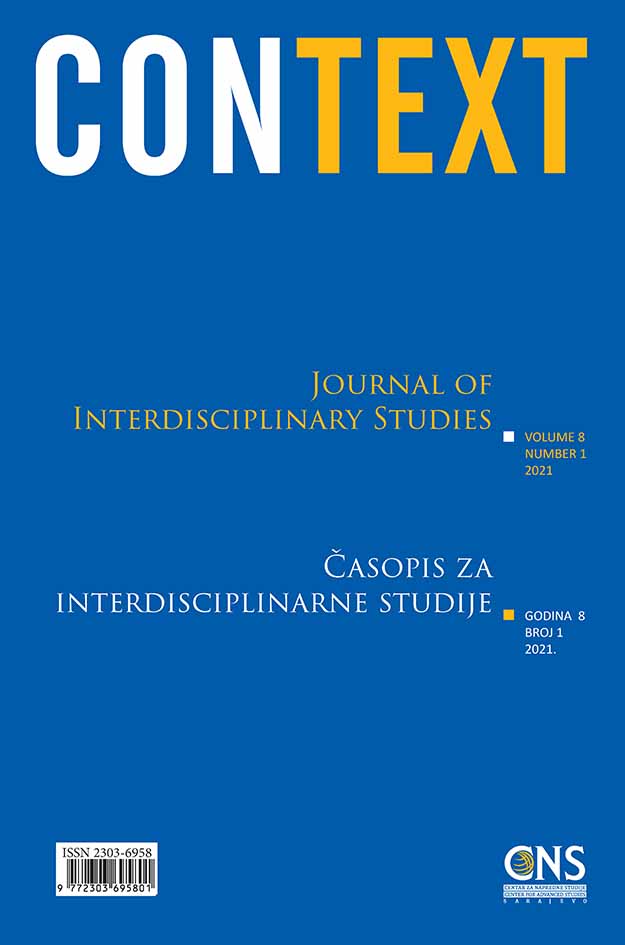Autohtona islamska psihologija u bosanskom kontekstu: dostignuća muslimanskih teologa, mislilaca i psihologa
Indigenous Islamic Psychology in Bosnian Context: Achievements of Muslim Theologians, Thinkers and Psychologists
Author(s): Aid Smajić, Selvira DraganovićSubject(s): Psychology, Islam studies
Published by: Centar za napredne studije
Keywords: indigenous scientific paradigm; Islamic psychology; modern psychology; Bosnia and Herzegovina;
Summary/Abstract: The idea of Islamic psychology in its different meanings has been present for years in scientific and academic circles of the East and the West. With the increasing presence of postmodern ideas in today science and aspirations of the former colonies for cultural and scientific emancipation from their Western colonizers, this syntagm during last decades has more and more assumed a meaning of indigenous scientific paradigm in contemporary psychology that is rooted in Islamic teaching about man. The main aim of this paper is to determine as to what extent and in which manner Muslim authors in Bosnia and Herzegovina have discussed this theme. Our analysis of relevant literature has shown that the topic of indigenous Islamic perspective in psychology has been present in local Muslim theological and Sufi circles since ever. Focused reconsideration of modern psychological theory and practice in the light of basic premises of Islamic anthropology, however, goes back to 1990ies and has mostly been an expression of independent and uncoordinated efforts on the part of local enthusiasts, Islamic institutions of higher learning and a number of NGOs. Their achievements in this regard could be generally traced in traditional Sufi works, recent spiritual and psychological thought of Muslim theologians, scientific analysis of Muslim psychologists and translations of relevant foreign literature. Altogether, they mostly aim to explicate building blocks of Islamic paradigm in psychology and understanding of human personality, to elaborate possible models of integrating Islamic spiritual and psychological concepts or spiritual exercises in psychotherapeutic practice, and to expose Sufi thought and understanding of spiritual upbringing as well as psychological heritage of early Muslim scholars. A limited number of comparative psychology works bears methodological features of the Islamic Filter, Islamic Psychology and Comparative Approaches (Kaplick and Skinner, 2017) but never ones of Multilevel Interdisciplinary Paradigm (Al-Karam, 2018).
Journal: Context: časopis za interdisciplinarne studije
- Issue Year: 8/2021
- Issue No: 1
- Page Range: 65-85
- Page Count: 21
- Language: Bosnian

